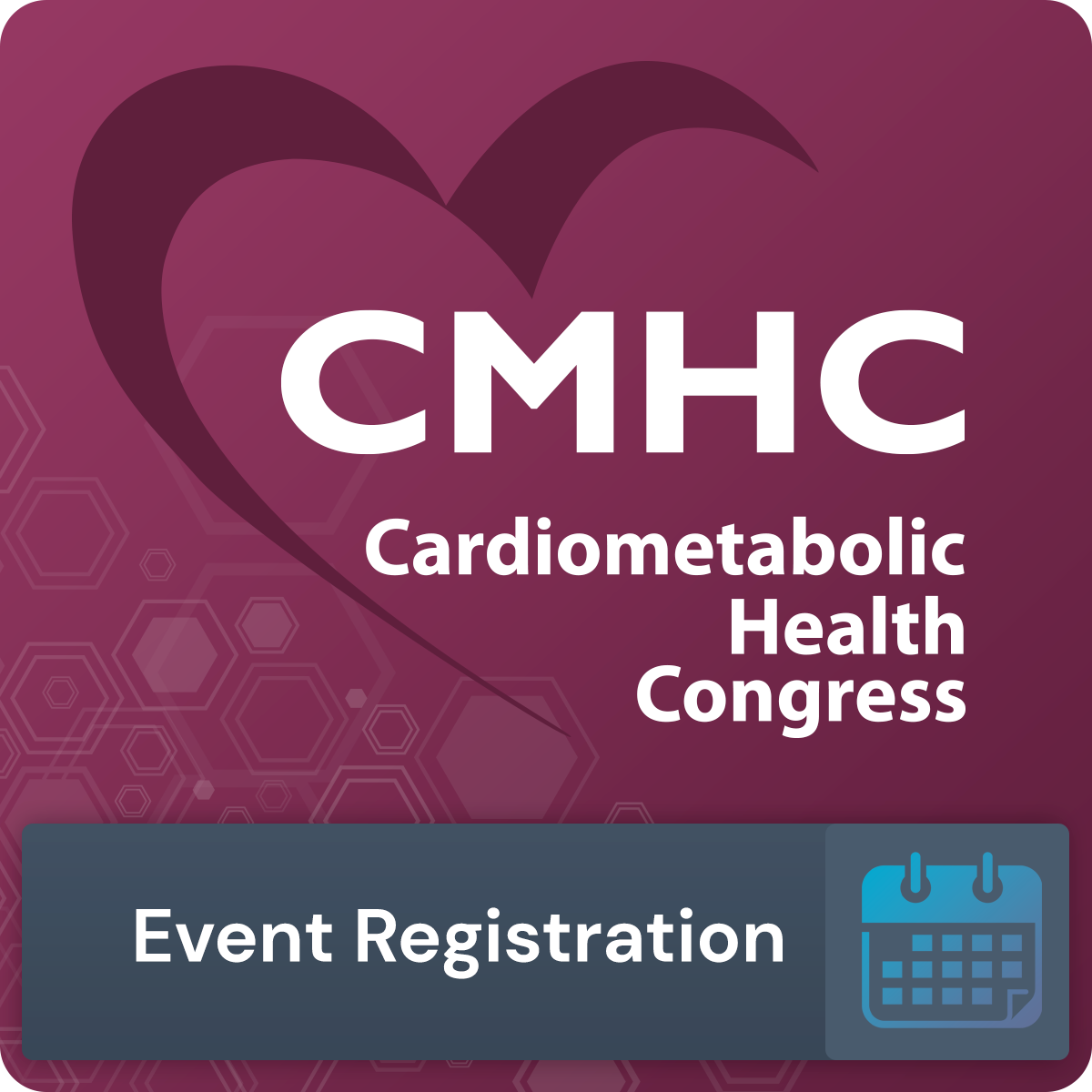
Harmony in Motion: Navigating Integrative Rheumatology

Harmony in Motion: Navigating Integrative Rheumatology
Living with rheumatic conditions poses unique challenges that often require a multifaceted approach to care. Integrative rheumatology, a holistic and patient-centered field, combines conventional medical treatments with complementary therapies. Let’s explore the principles, benefits, and potential applications of this evolving approach to rheumatological care.
Understanding Integrative Rheumatology: A Holistic Perspective
Integrative rheumatology takes a holistic view of rheumatic conditions, recognizing that factors such as diet, lifestyle, and emotional well-being can impact disease progression and overall quality of life. This approach seeks to integrate the best of conventional medicine with evidence-based complementary therapies to address the complexity of rheumatic disorders.
Conventional Treatments in Rheumatology: A Foundation for Care
Conventional treatments in rheumatology typically include medications to manage symptoms and slow disease progression. These may range from nonsteroidal anti-inflammatory drugs (NSAIDs) to disease-modifying antirheumatic drugs (DMARDs) and biologics. Integrative rheumatologists work collaboratively with patients to tailor medication plans to individual needs.
Complementary Therapies: Enhancing Rheumatological Care
In addition to conventional treatments, integrative rheumatology incorporates complementary therapies to enhance overall care. These may include acupuncture, massage, dietary interventions, and mind-body techniques. These therapies aim to alleviate symptoms, improve joint function, and contribute to the overall well-being of individuals with rheumatic conditions.
Nutrition and Rheumatology: A Vital Connection
The role of nutrition in integrative rheumatology is significant. Certain foods have been linked to inflammation, a key component in rheumatic conditions. Integrative rheumatologists may work with patients to explore anti-inflammatory diets, rich in fruits, vegetables, and omega-3 fatty acids, as part of a comprehensive treatment plan.
Mind-Body Practices for Rheumatic Health
The mind-body connection is a crucial aspect of integrative rheumatology. Practices such as meditation, mindfulness, and yoga not only contribute to stress reduction but may also positively impact inflammation and pain perception in individuals with rheumatic conditions. These practices empower patients to actively participate in their well-being.
Individualized Treatment Plans: Recognizing Uniqueness
One of the strengths of integrative rheumatology lies in its emphasis on individualized treatment plans. Each person’s experience with rheumatic conditions is unique, and integrative rheumatologists take the time to understand a patient’s lifestyle, preferences, and goals to tailor a comprehensive and personalized care approach.
Preventive Measures and Lifestyle Modifications
Integrative rheumatology places a strong emphasis on preventive measures and lifestyle modifications to manage rheumatic conditions proactively. Encouraging regular exercise, maintaining a healthy weight, and addressing factors like smoking contribute to overall joint health and can positively influence the course of rheumatic diseases.
Patient Empowerment and Education
An integral aspect of integrative rheumatology is patient empowerment through education. Integrative rheumatologists work collaboratively with patients to provide information on their conditions, treatment options, and self-care strategies. Educated and empowered patients are better equipped to actively participate in their care and make informed decisions.
Exploring Integrative Rheumatology Resources
For those seeking to explore the principles of integrative rheumatology further, Integrative rheumatology serves as a valuable resource. From articles on holistic approaches to rheumatic care to information on complementary therapies, this platform supports individuals on their journey toward a more integrative and balanced approach to managing rheumatic conditions.
Conclusion: Harmony and Hope in Rheumatic Care
Integrative rheumatology offers a holistic approach that goes beyond managing symptoms to enhance the overall well-being of individuals living with rheumatic conditions. By harmonizing conventional treatments with complementary therapies and empowering patients, integrative rheumatology provides a beacon of hope for a more balanced and fulfilling life despite the challenges posed by rheumatic disorders.












